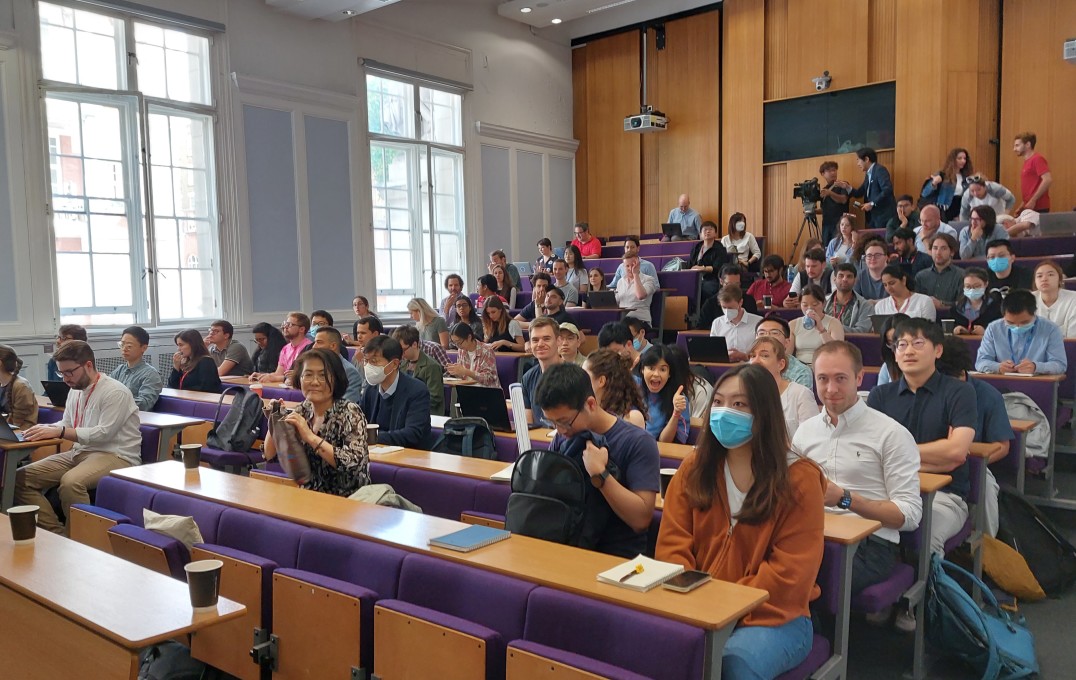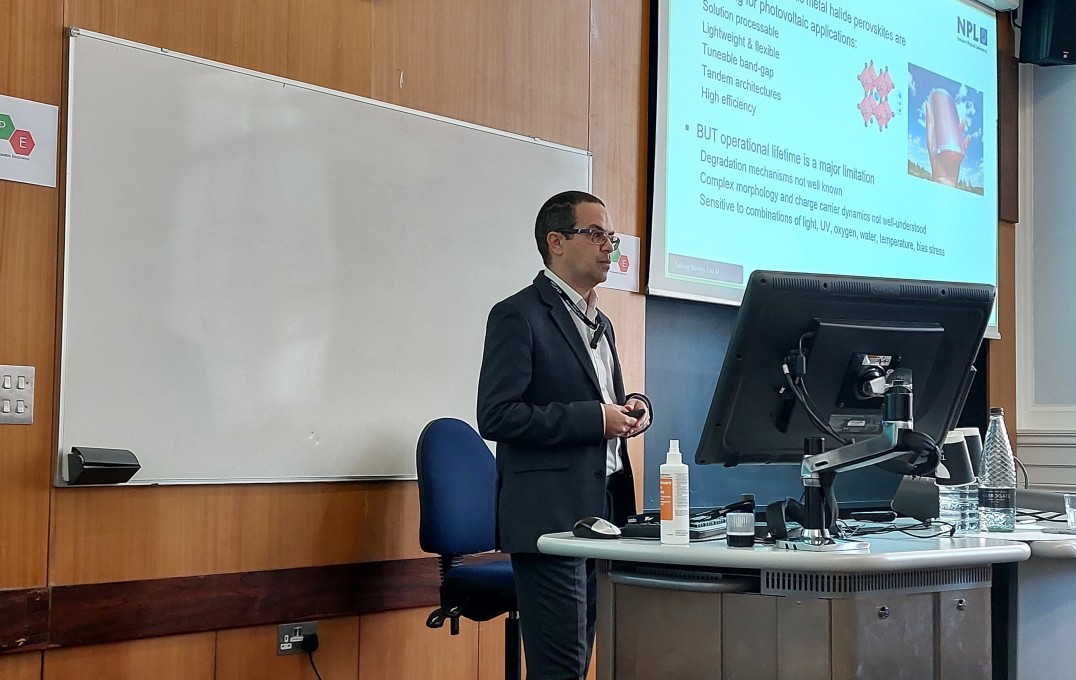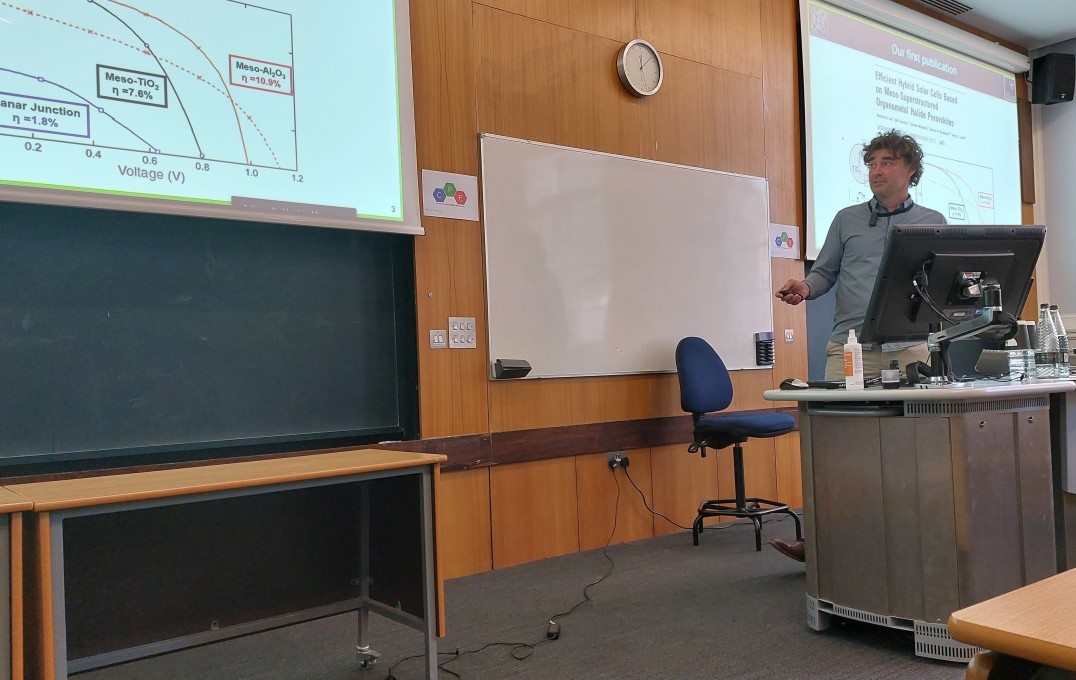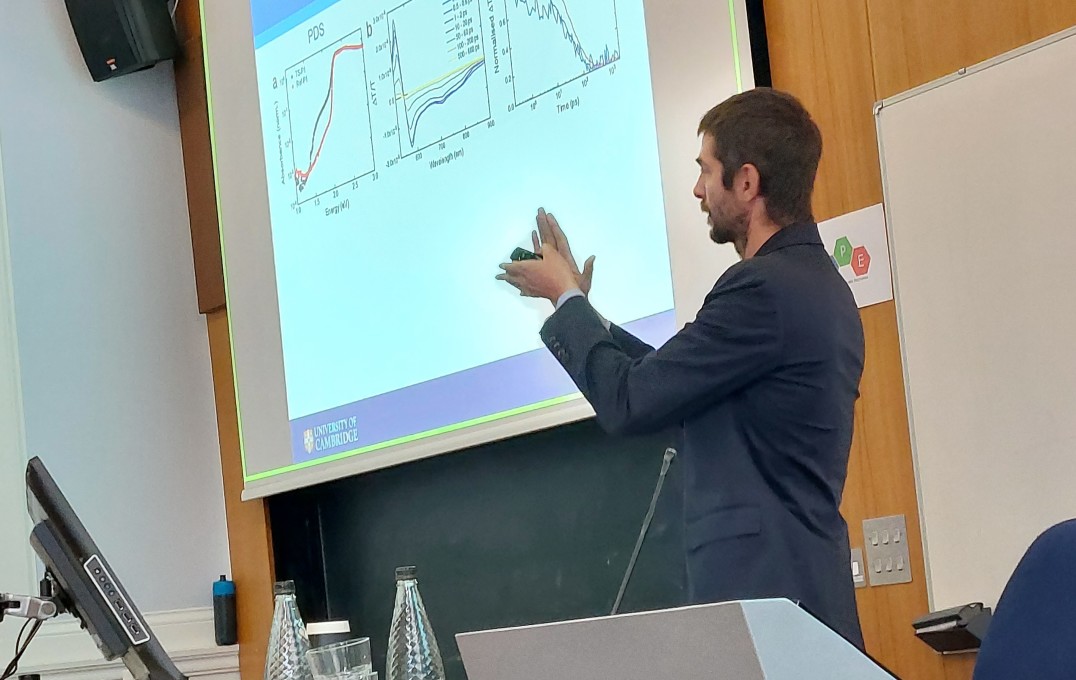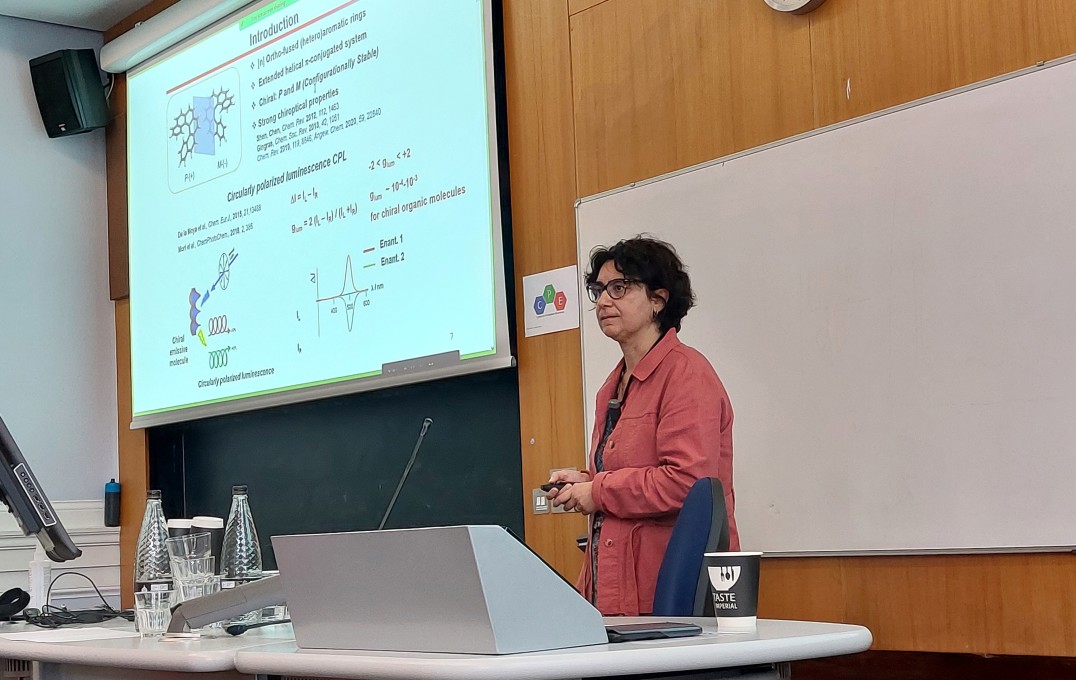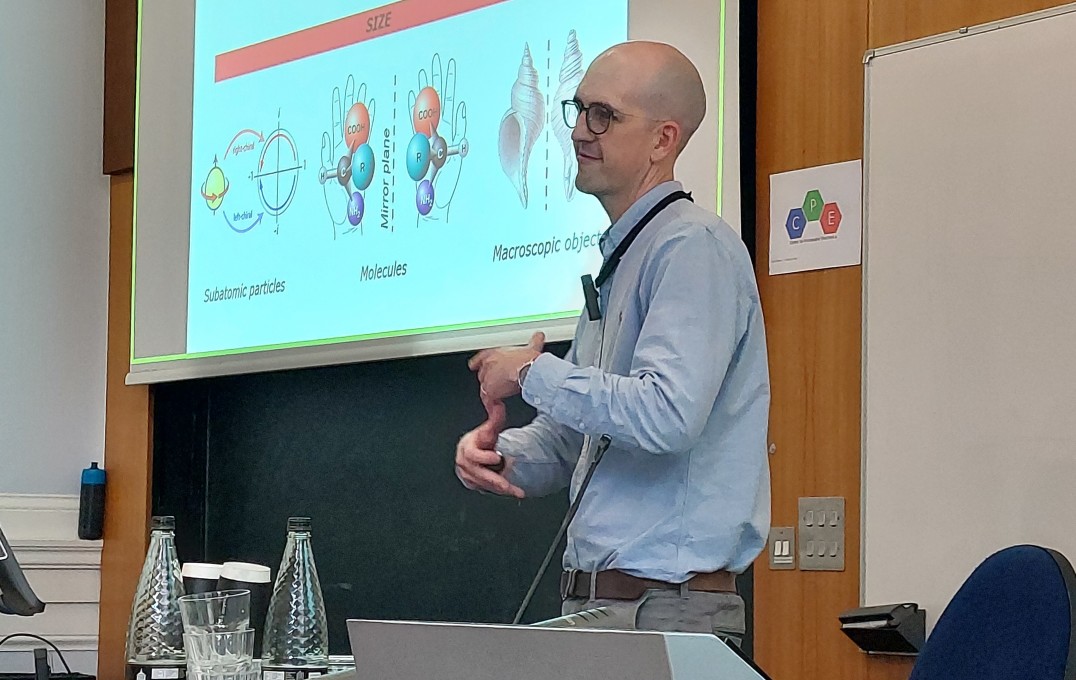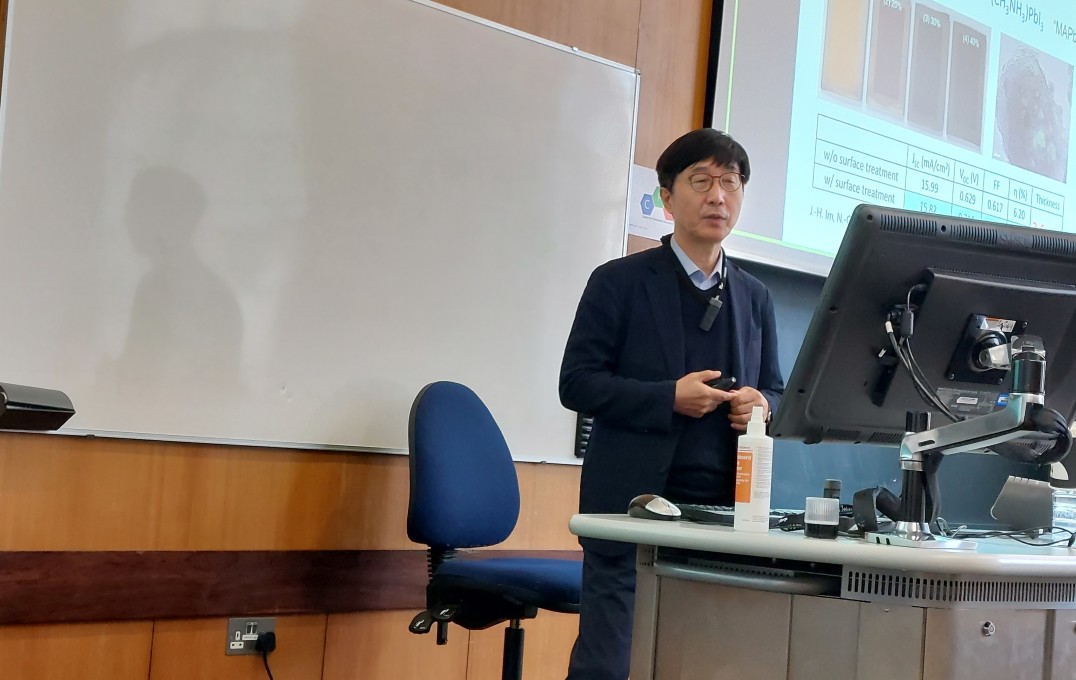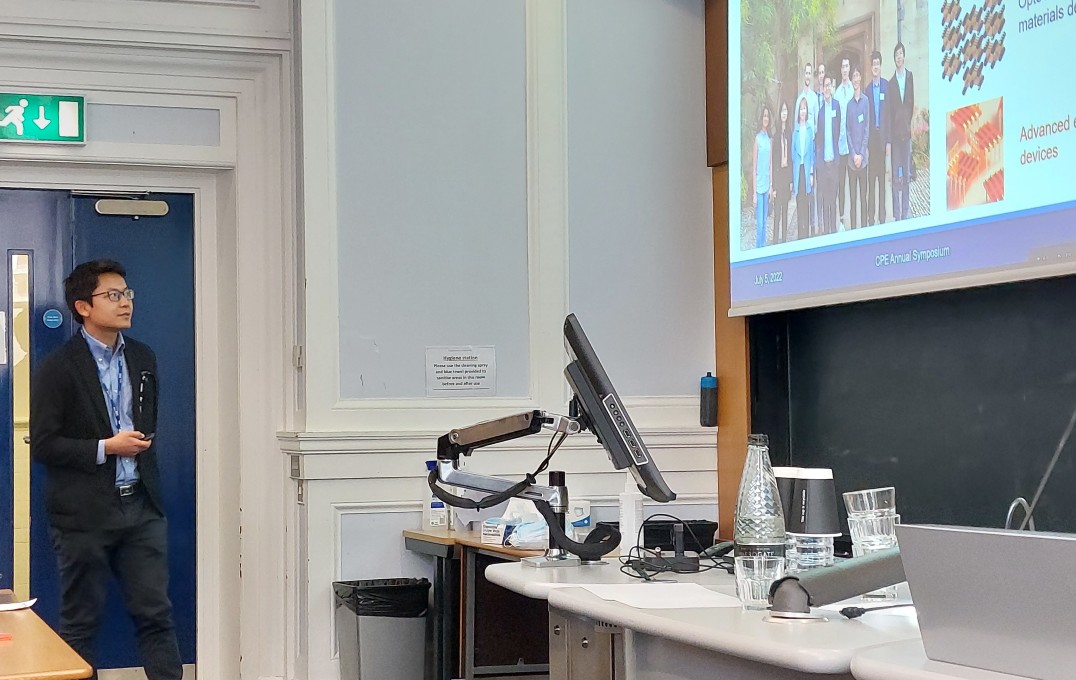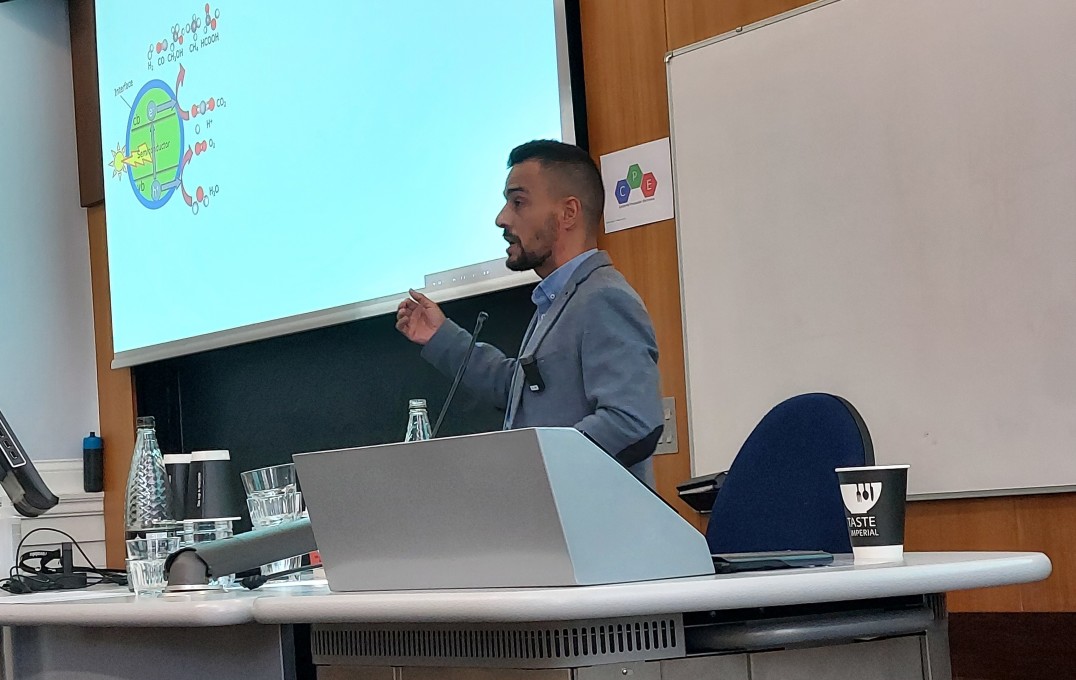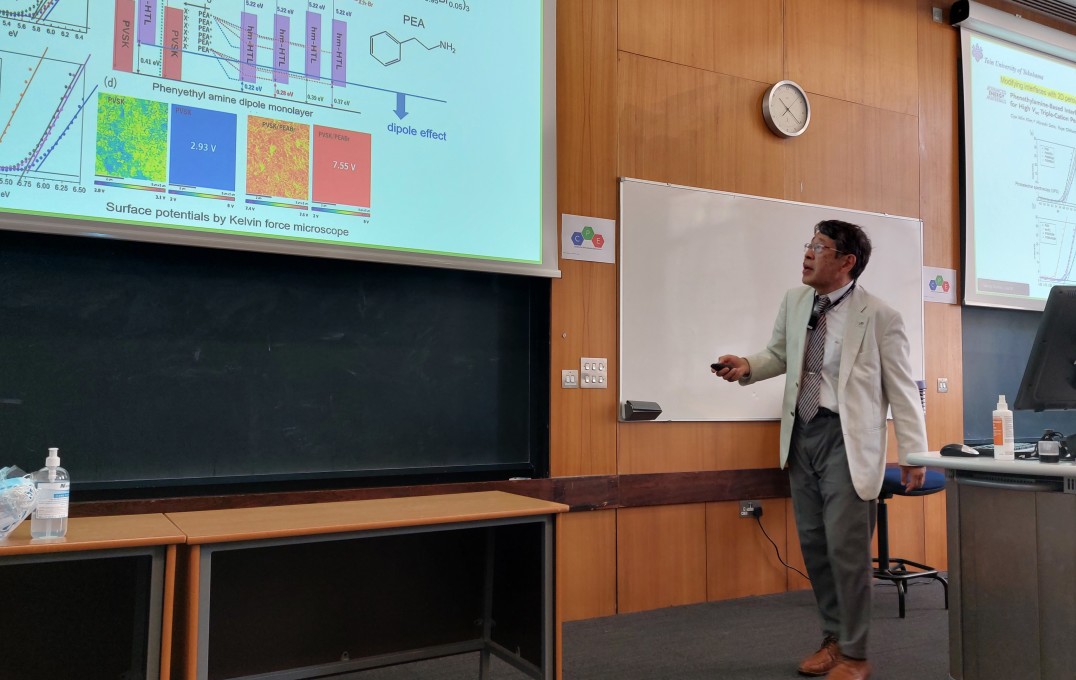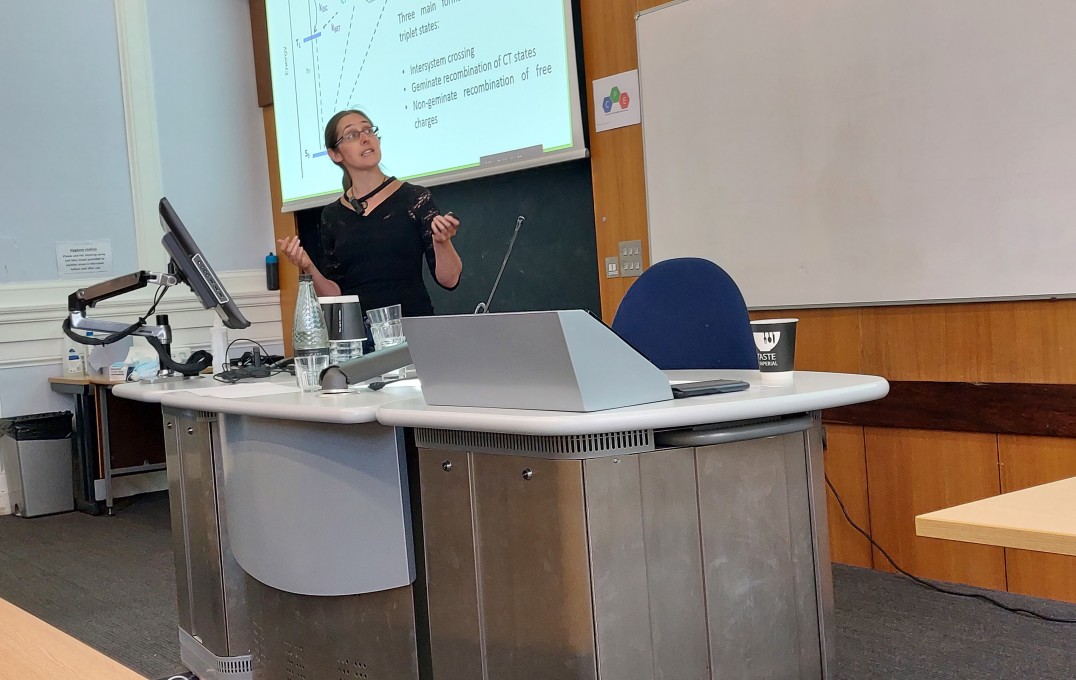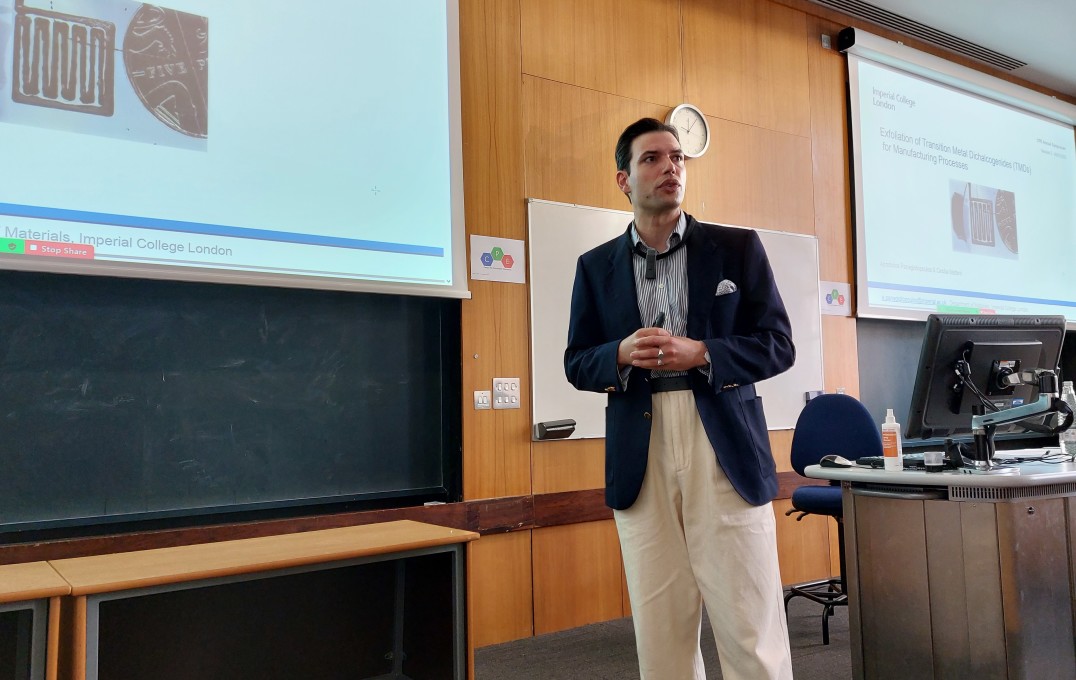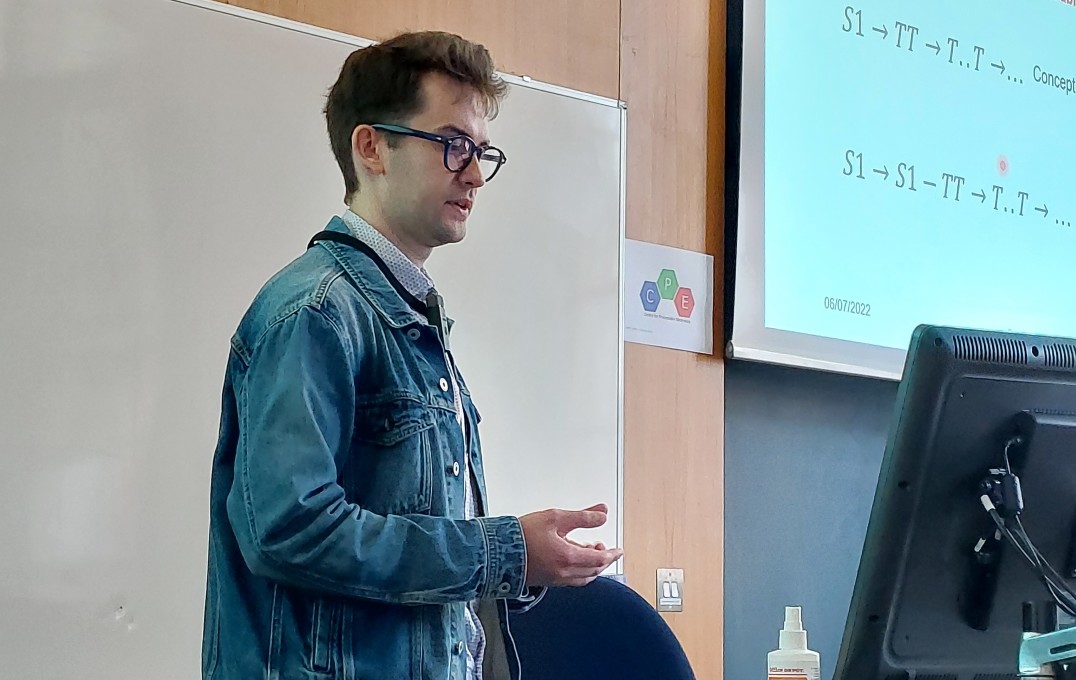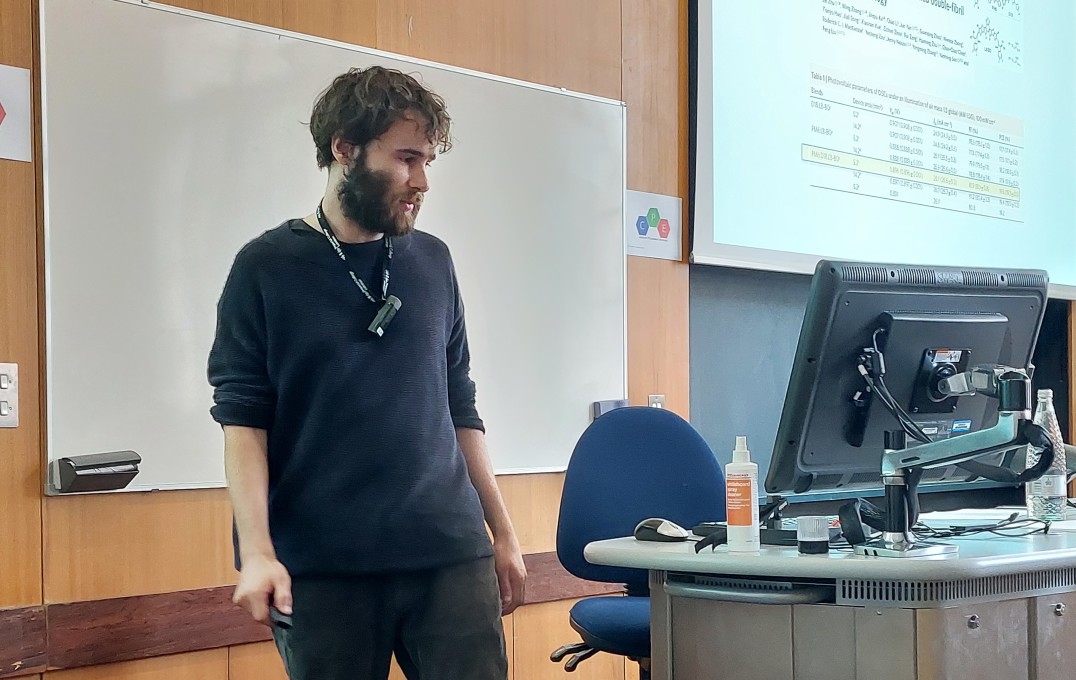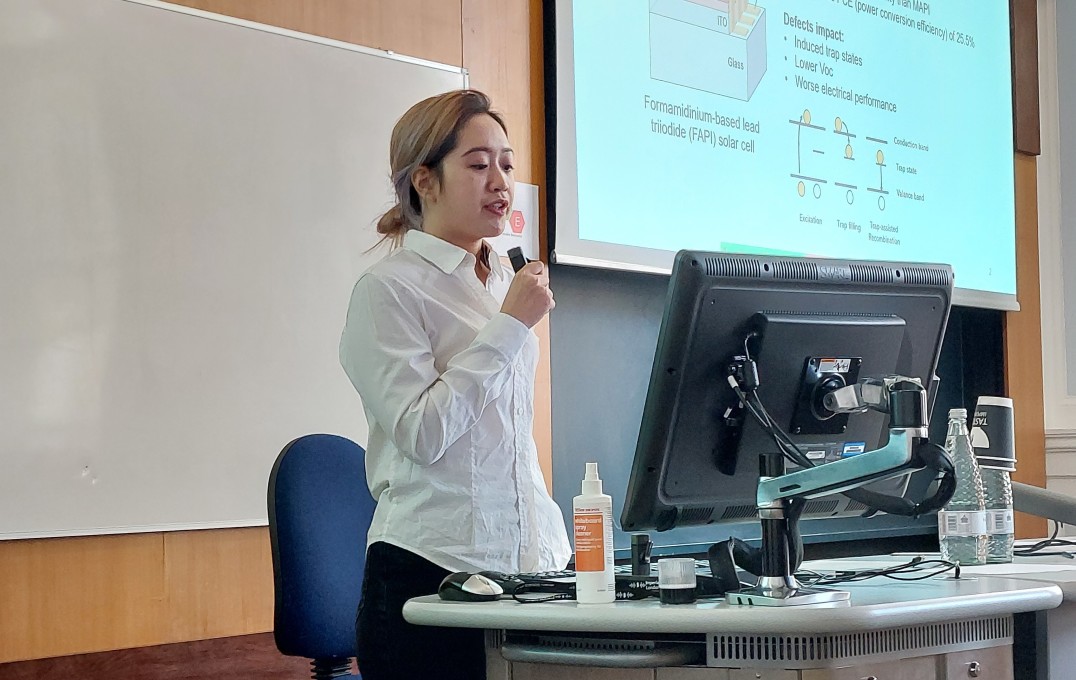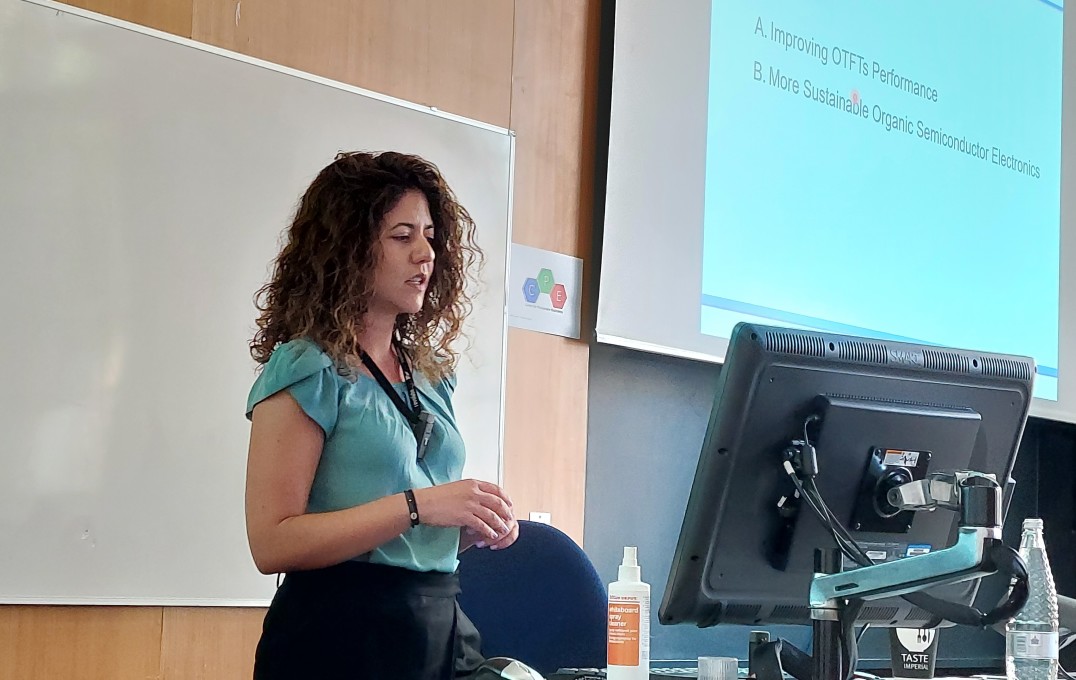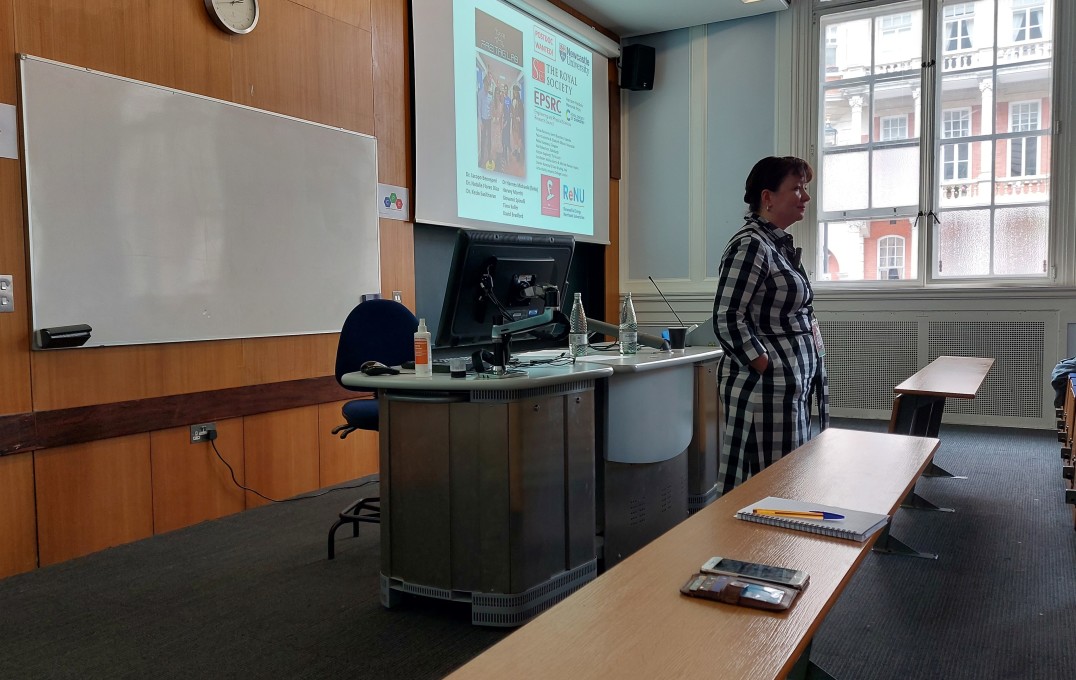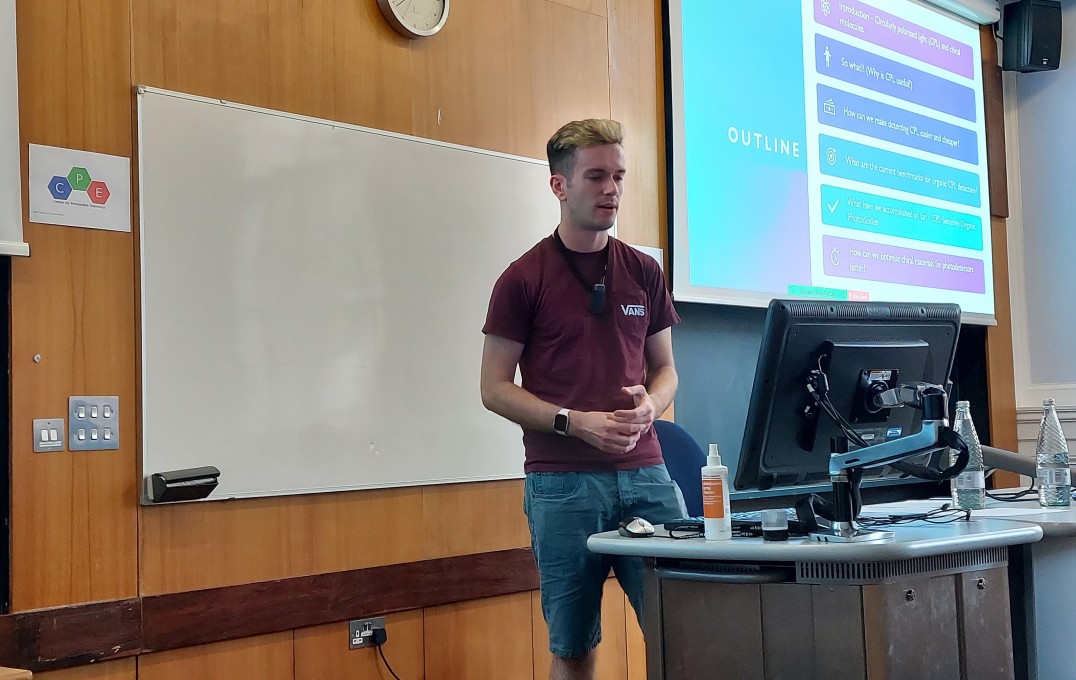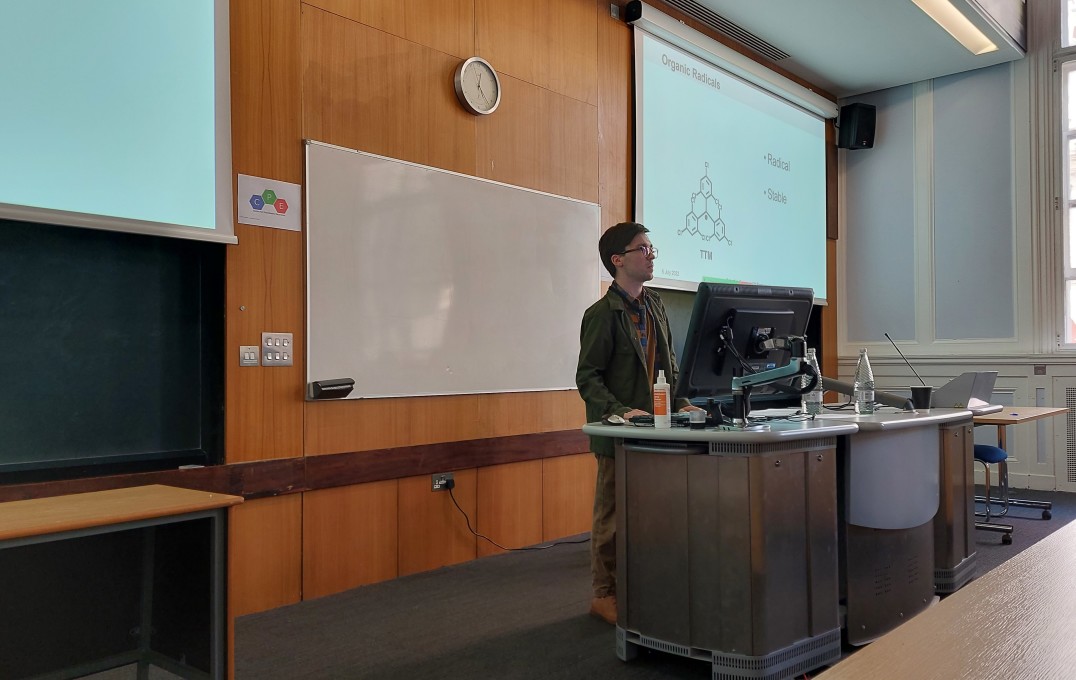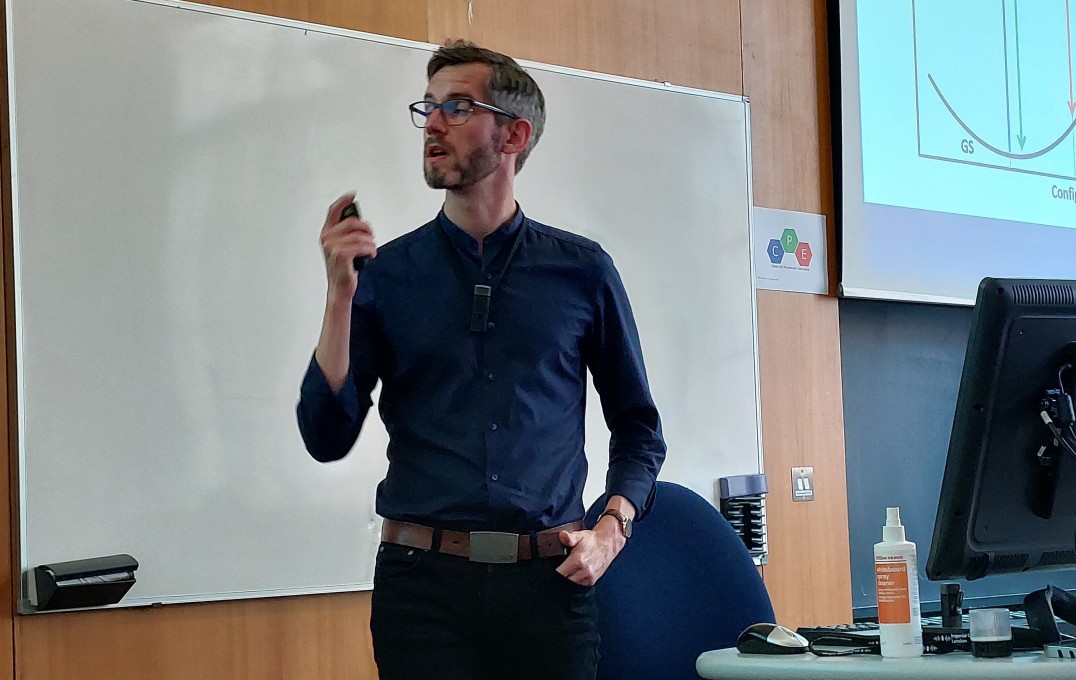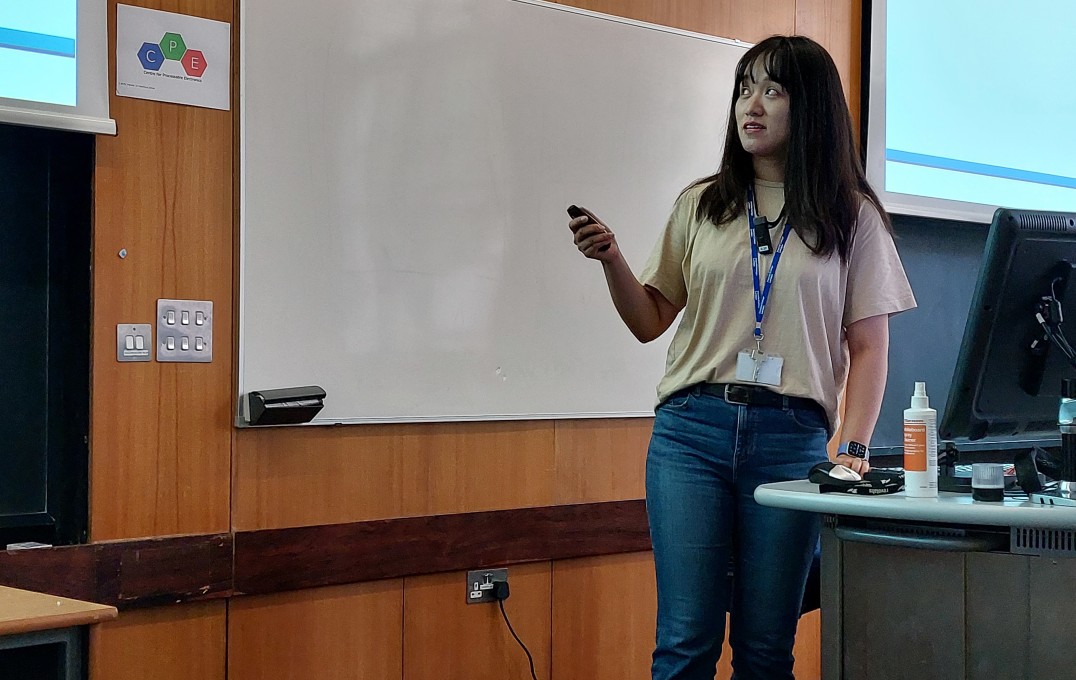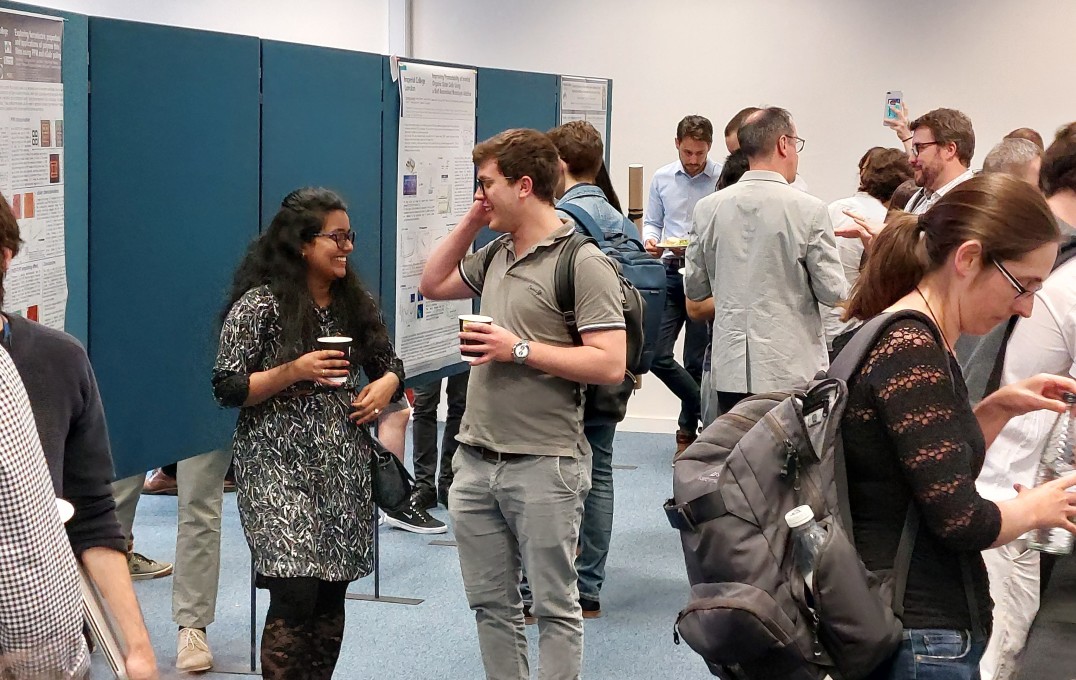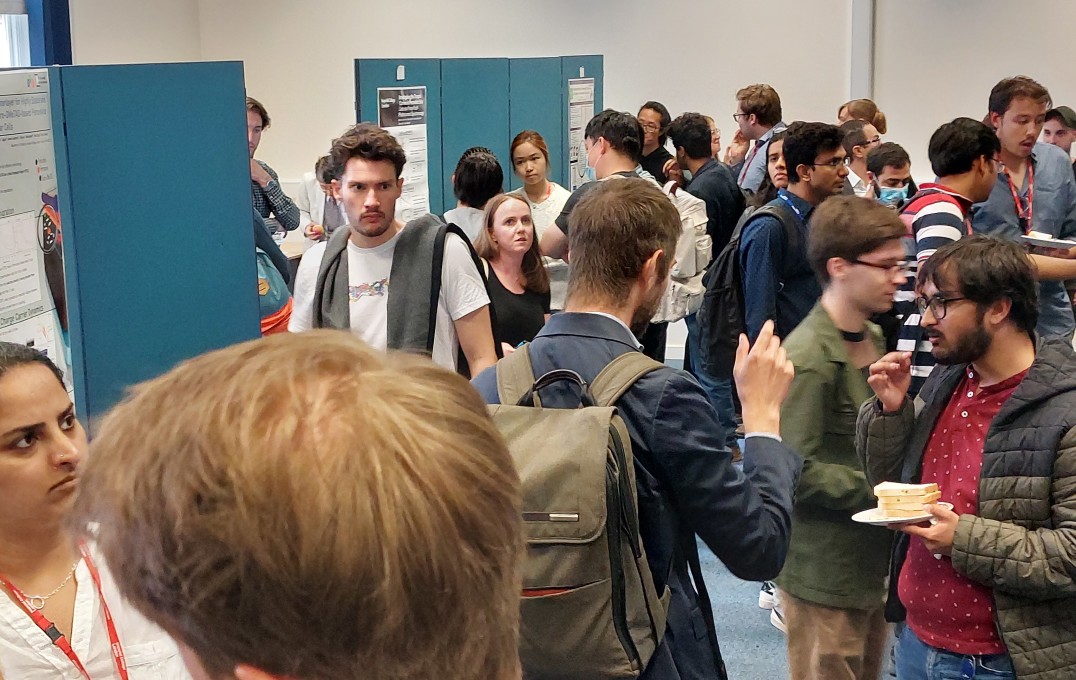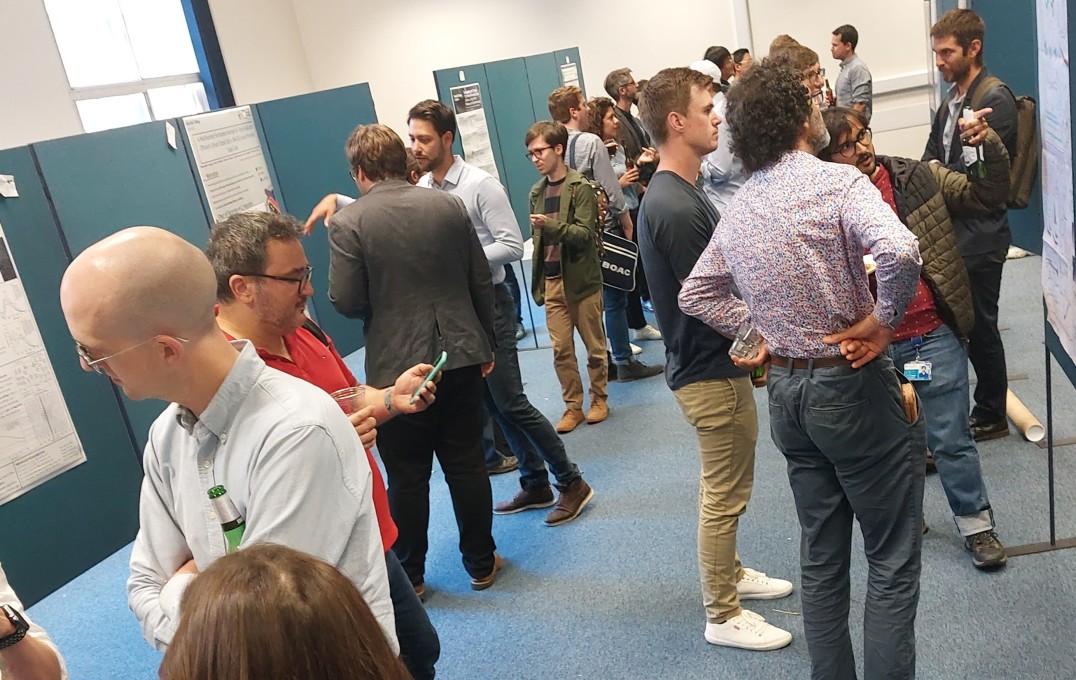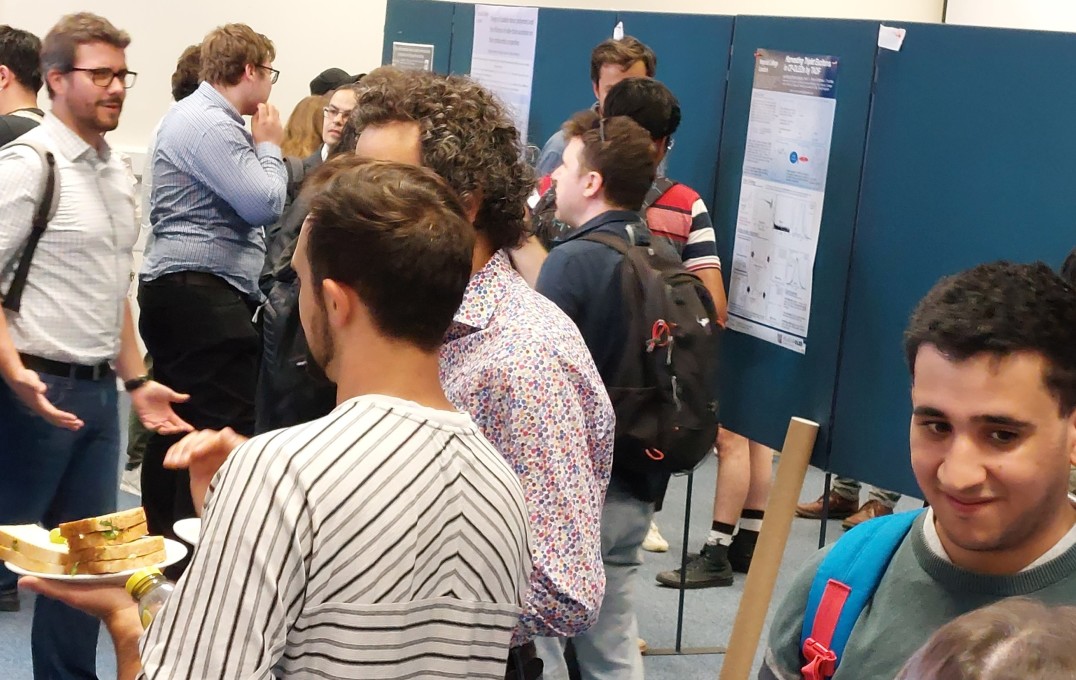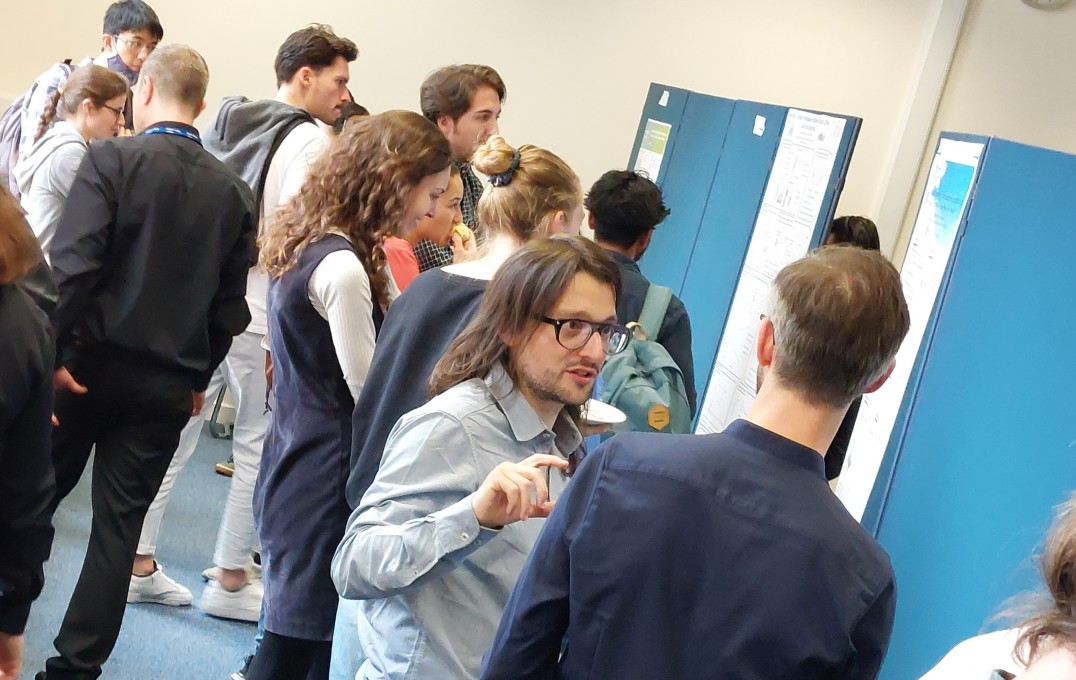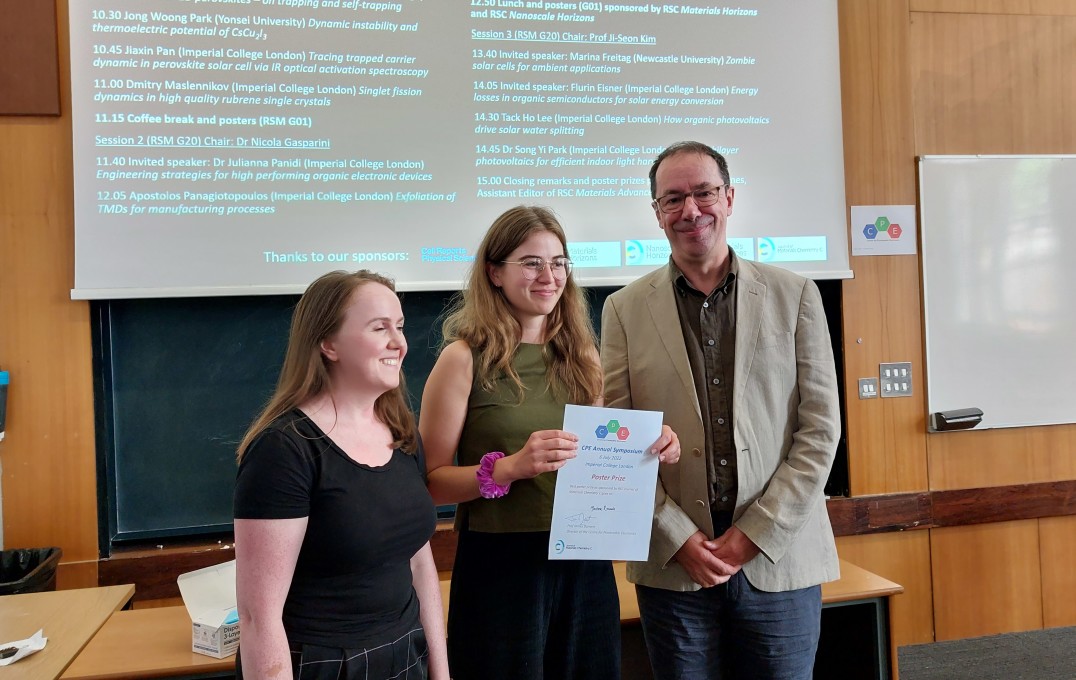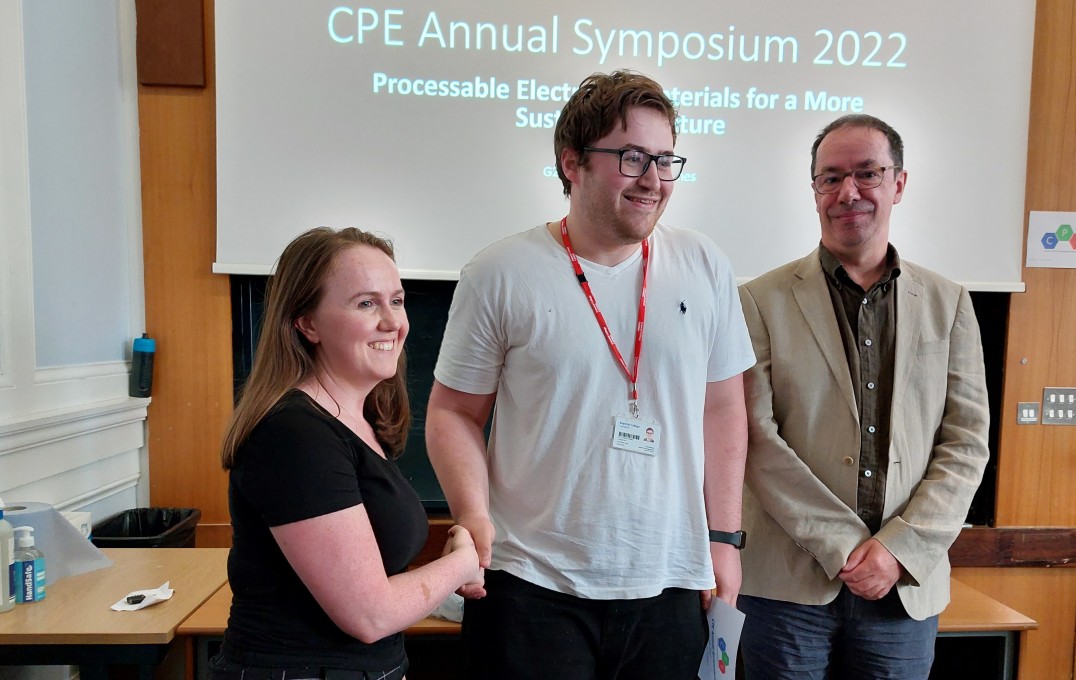Processable Electronic Materials for a More Sustainable Future
by Lisa Bushby
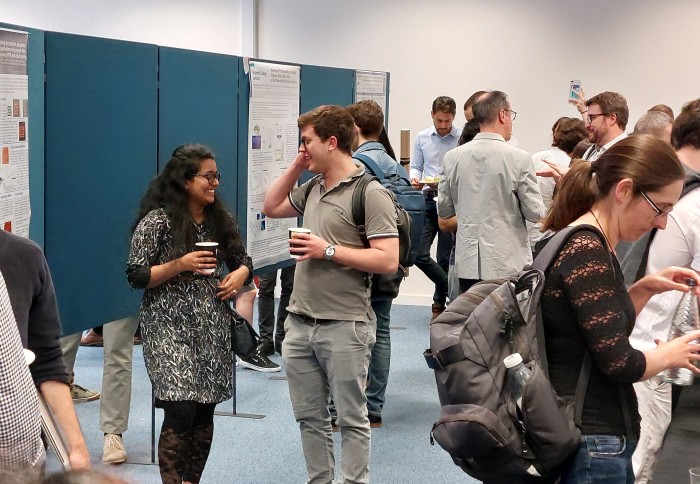
CPE Annual Symposium 2022 poster session
Imperial College's Centre of Excellence in Processable Electronics hosted its Annual Research Symposium at Imperial College on 5-6 July 2022.
Imperial College's Centre of Excellence in Processable Electronics hosted its Annual Research Symposium at Imperial College on 5-6 July 2022.
Hosted in-person for the first time since 2019 and streaming via Zoom, the CPE's Annual Symposium 2022: Processable Electronic Materials for a More Sustainable Future offered attendees two days of talks and poster presentations showcasing world-leading research in processable electronics.
The first of the two days featured talks from three of this year's winners of the Rank Prize for optoelectronics for the discovery and development of all solid state perovskite semiconductor solar cells: Prof Tsutomu Miyasaka, Prof Nam-Gyu Park and Prof Henry Snaith in addition to a host of other highlight talks from leading academics and flash poster presentations.
The second day focused on the research of early career scientists addressing topics such as luminescence in 2D perovskites, instability and thermoelectric potential of CsCu2I3, trapped carrier dynamics in perovskite solar cells, singlet fission dynamics in rubrene crystals, engineering strategies for organic electronic devices, the exfoliation of transition metal dichalcogenides, triplet harvesting, circularly polarised photodiodes, zombie solar cells for ambient applications, energy losses in organic semiconductors, using organic photovoltaics to drive solar water splitting and photovoltaics for indoor light harvesting.
A selection of student posters, presented during the break times highlighted some of the varied and fascinating work being carried out in the area of processable electronics at Imperial and beyond.
Congratulations go to our two poster prize-winners, Martina Rimmele for her poster on the design of scalable donor polymers and the influence of side-chain variation on their photovoltaic performance, who won the best poster prize sponsored by RSC Journal of Materials Chemistry C and Thomas Webb for his poster on a multifaceted ferrocene interlayer for highly stable and efficient lithium doped spiro-oMeTAD based perovskite solar cells who won the best poster prize sponsored by RSC Materials Advances.
Participants were treated to a pizza and drinks networking session.
We would like to extend our warm thanks to our wonderful speakers, poster presenters, chairs, and sponsors.
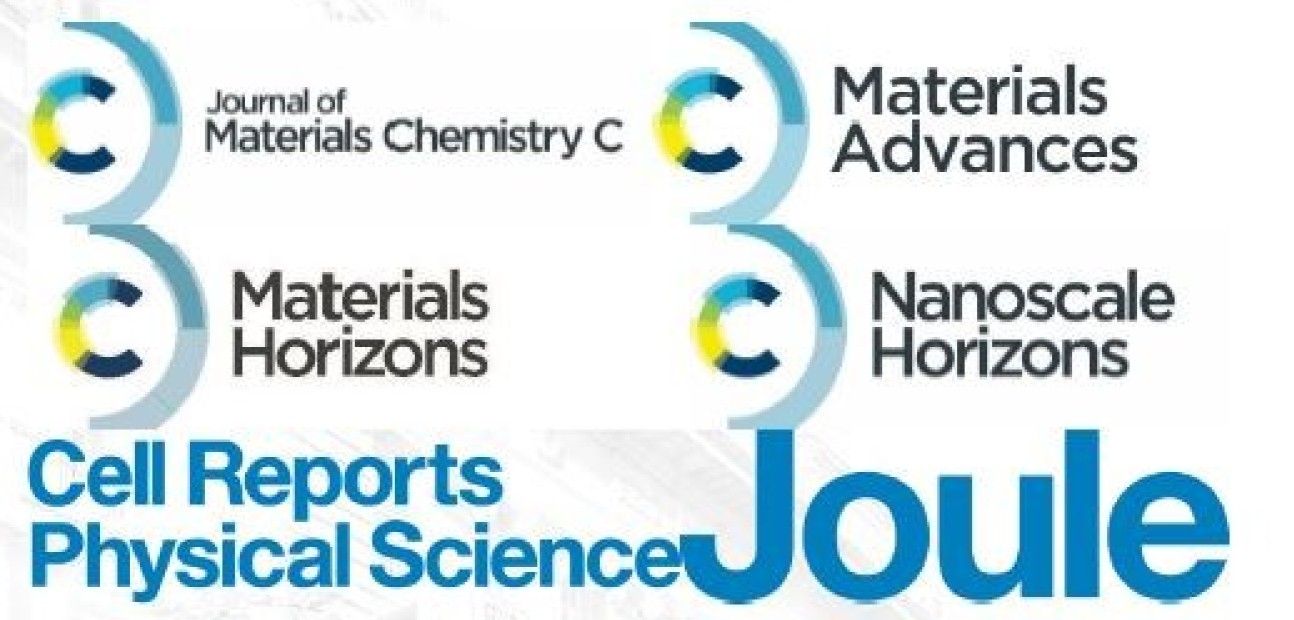
Article text (excluding photos or graphics) © Imperial College London.
Photos and graphics subject to third party copyright used with permission or © Imperial College London.
Reporter
Lisa Bushby
Department of Physics
